Graduate Program in Social Sciences – UFSM

The PPGCSociais offers high-quality training in its graduate-level courses: a Master’s degree, completed in 24 months, and a Doctorate, completed in 48 months. The new classes start in the first semester of each year.
The Postgraduate Program in Social Sciences was created in 2008 and has already trained more than 190 professionals who are currently working in higher education, primary and secondary education, public administration, the third sector, private enterprise, or who have pursued an academic career (doctorate, post-doctorate).
The PPGCSociais is structured to welcome graduates from the most diverse academic backgrounds, offering diversified classes that provide solid theoretical and methodological training. This diversity can be seen in the lines of research, the content of the courses, the themes of the events, the academic profiles of the lecturers in the three areas of Social Sciences (Anthropology, Political Science and Sociology) and the profiles of the students and alumni.
In addition to teaching and research, PPGCSociais develops outreach projects that have a societal impact.
The mission of PPGCSociais is to “train highly qualified professionals in teaching, research, and outreach; to work in undergraduate and graduate education, and in various sectors of public and private activity where Social Science professionals may operate; aiming at the production of knowledge as a response to society’s demands.”
The Program’s objectives are:
1)To train Master’s and PhD graduates who can enter the job market with the theoretical and empirical competencies acquired in the Program;
2)To provide a diverse (in every sense), ethical environment that fosters the development of skills for both faculty and students;
3)To encourage and support faculty and students in their professional development through financial, material, and structural resources to participate in regional, national, and international events, publications, and activities organized by or within PPGCSociais;
4)To enable the creation of research, teaching, and outreach projects, as well as research networks, academic mobility, and regional, national, and international academic collaborations;
5)To contribute to the production of knowledge that is relevant for addressing society’s needs and offering responses to societal problems.
This diversity can be found in the research lines, course content, event themes, faculty academic profiles across the three areas of Social Sciences, and the profile of students.
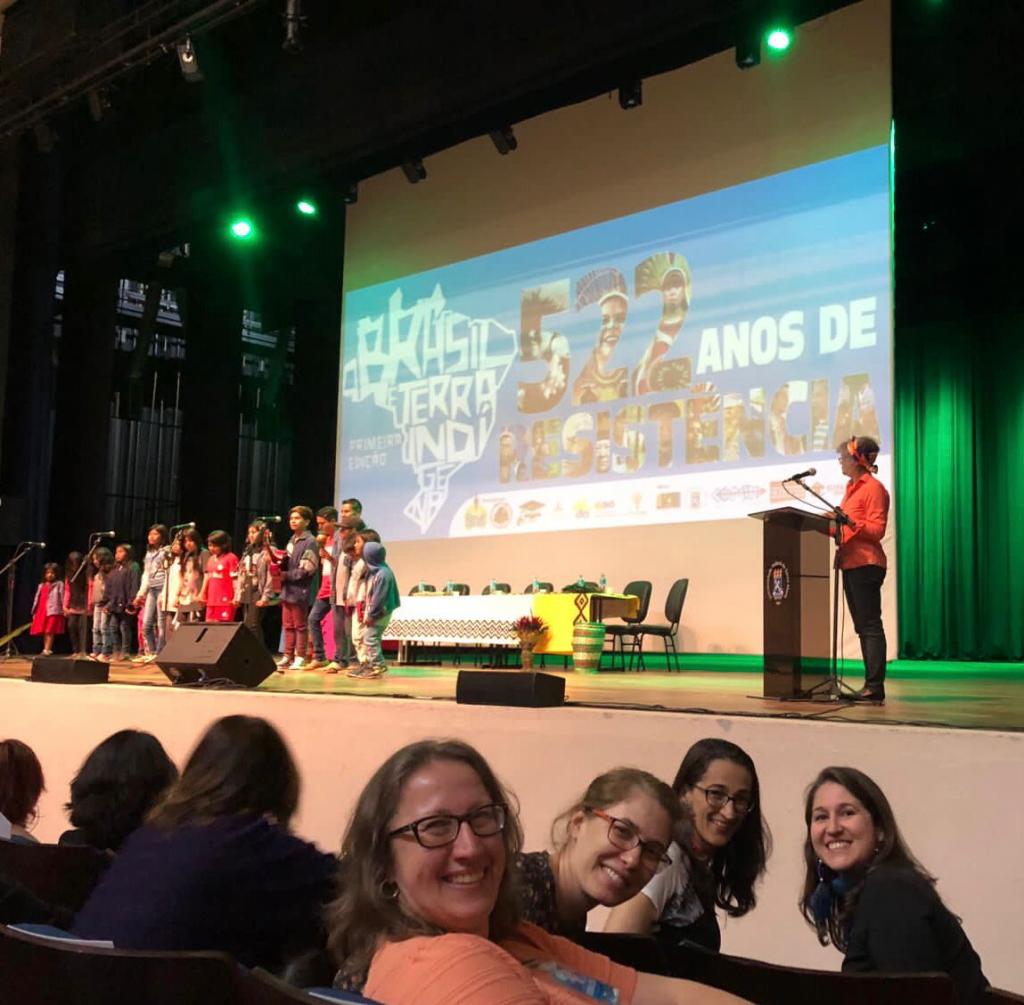
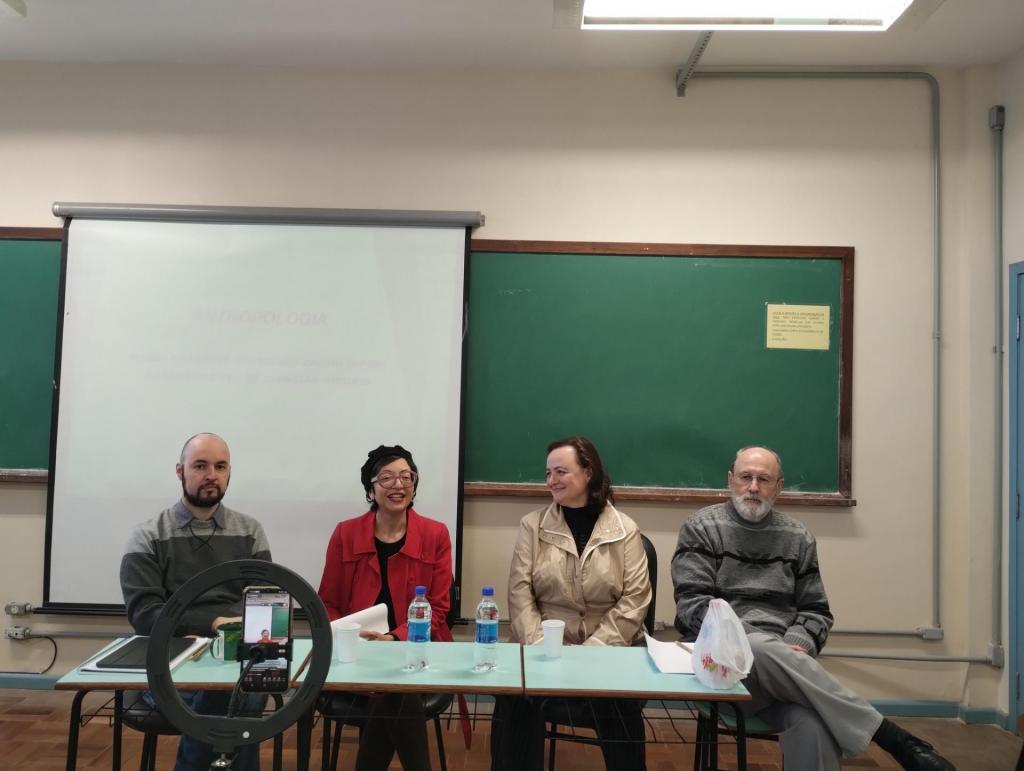
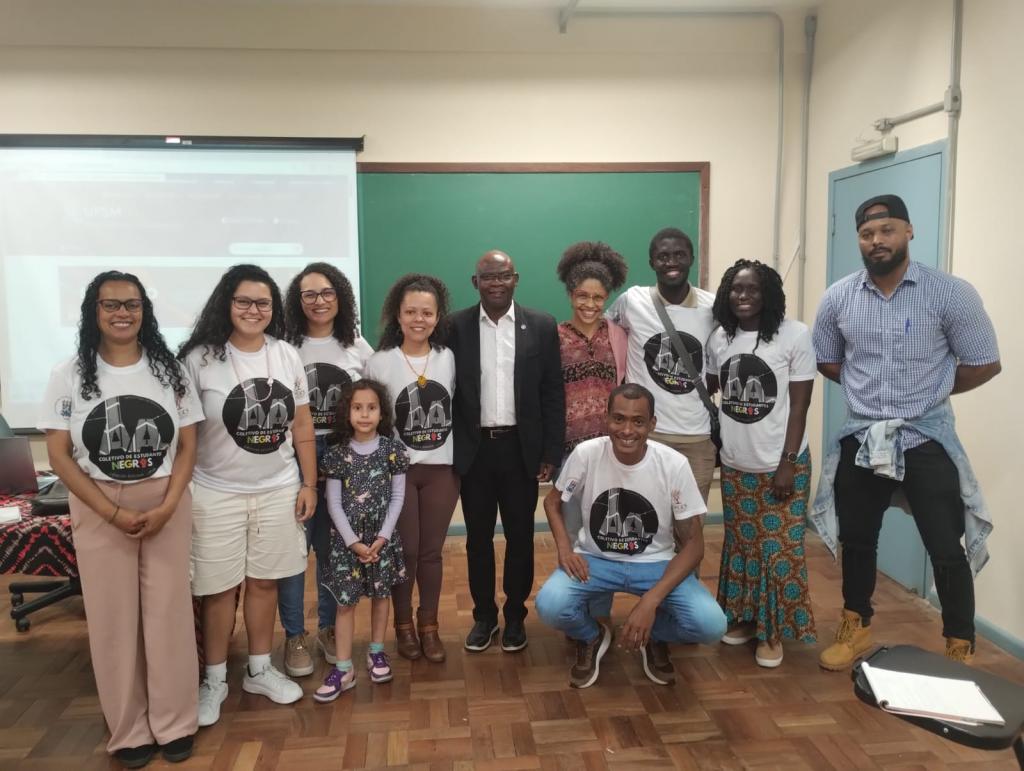
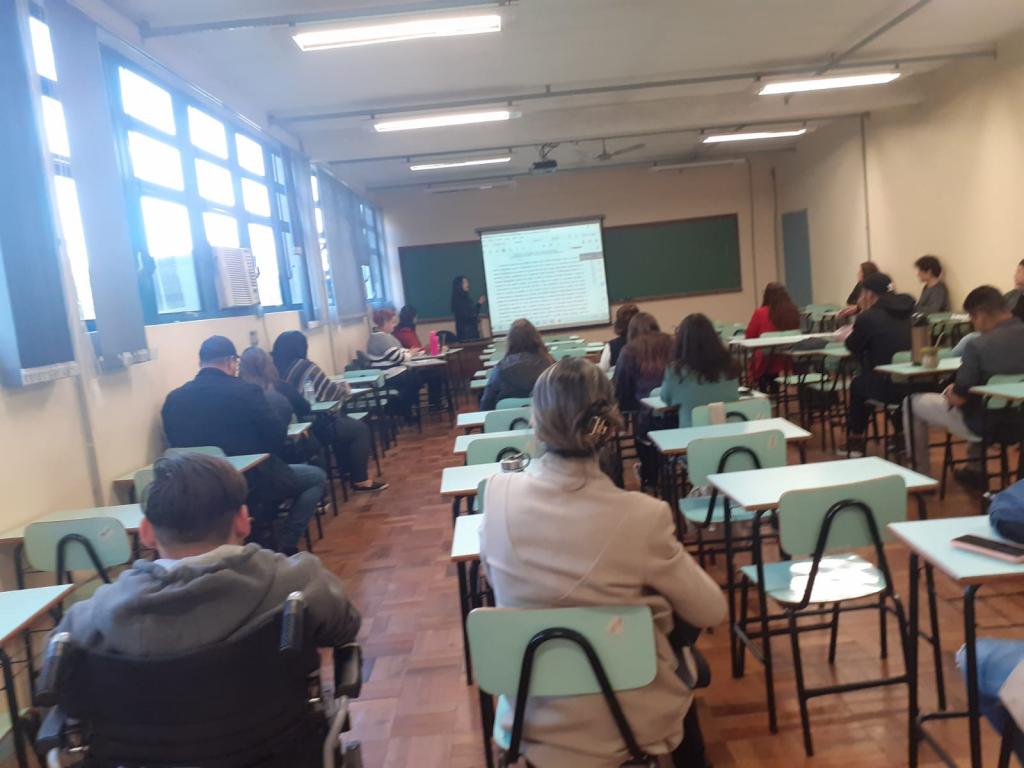
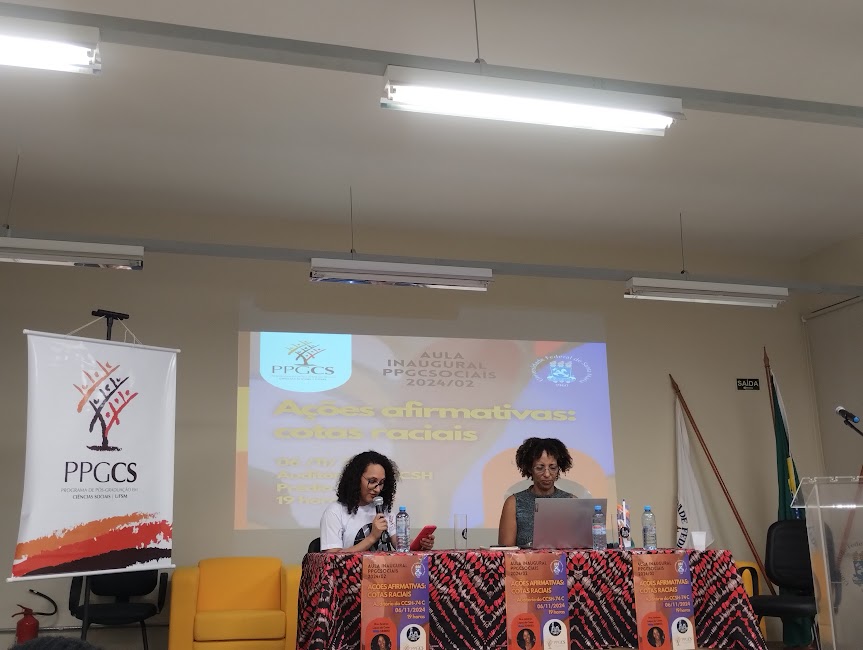
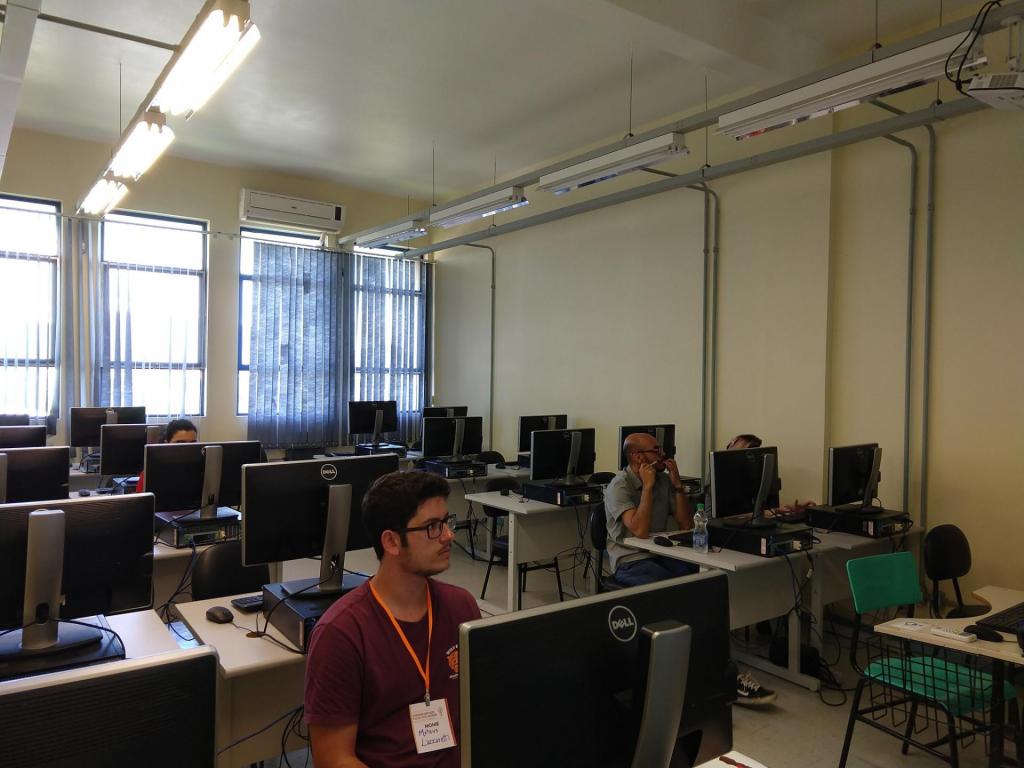
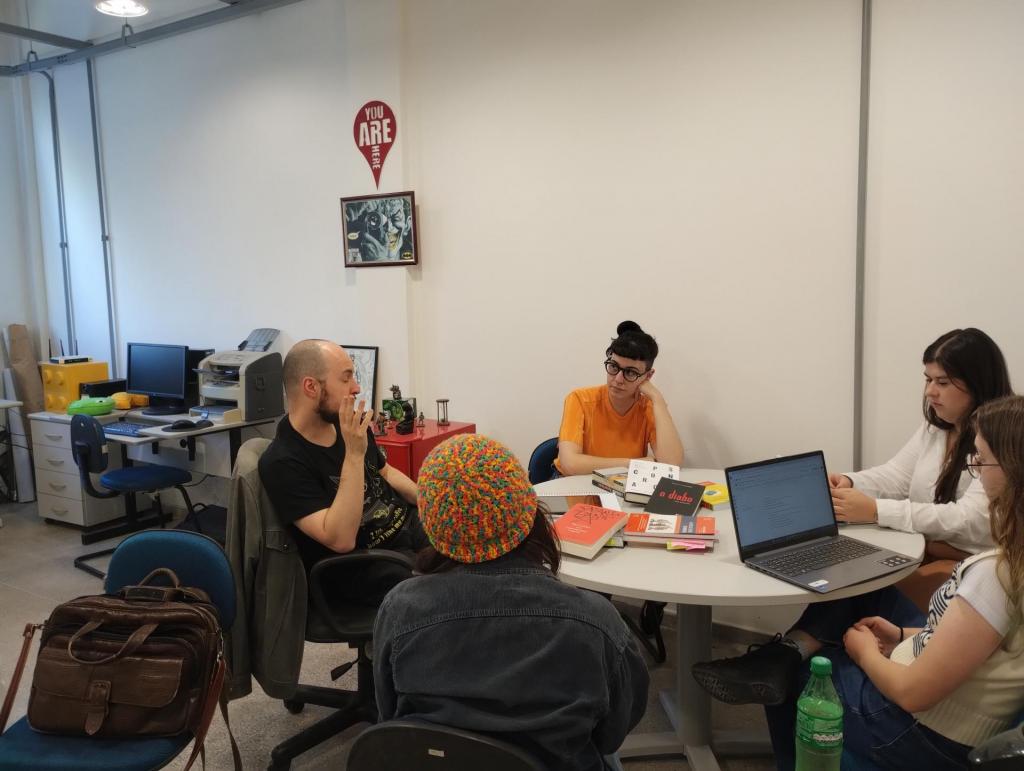
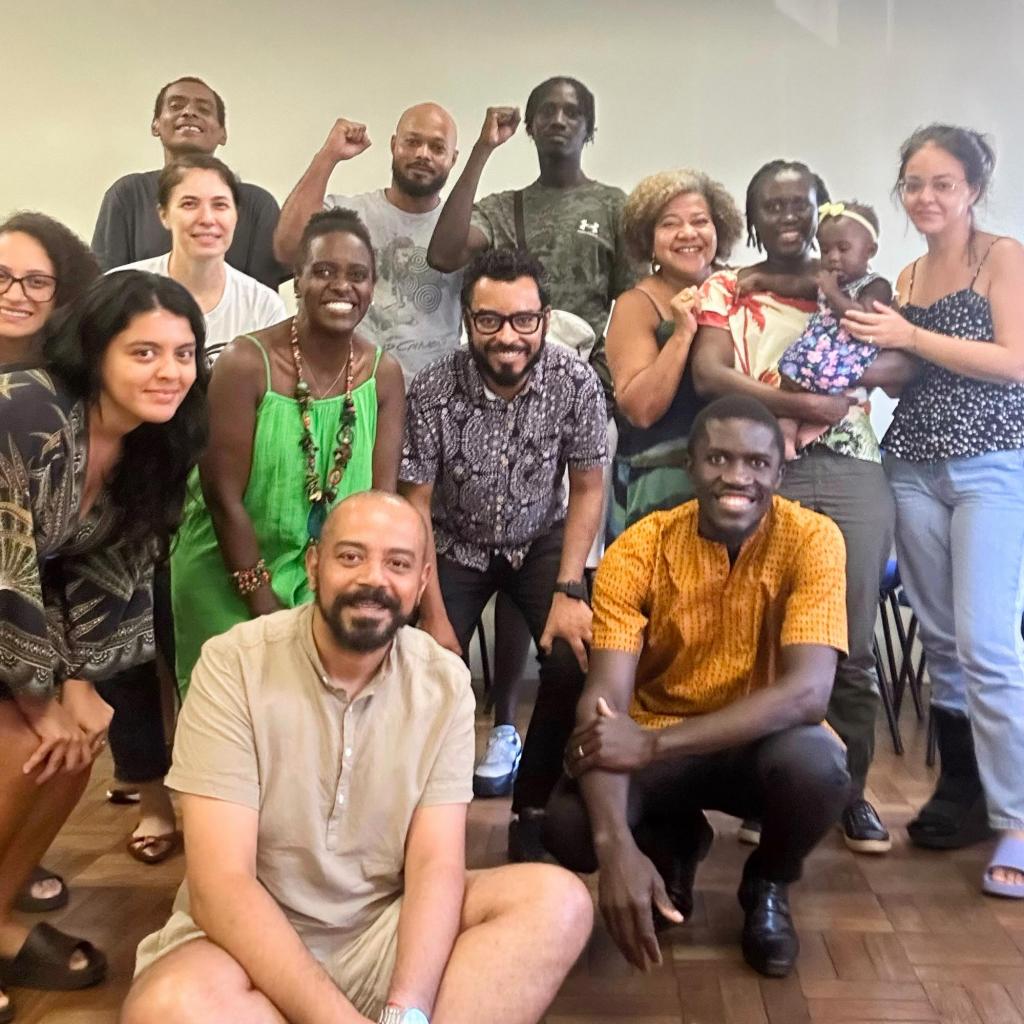
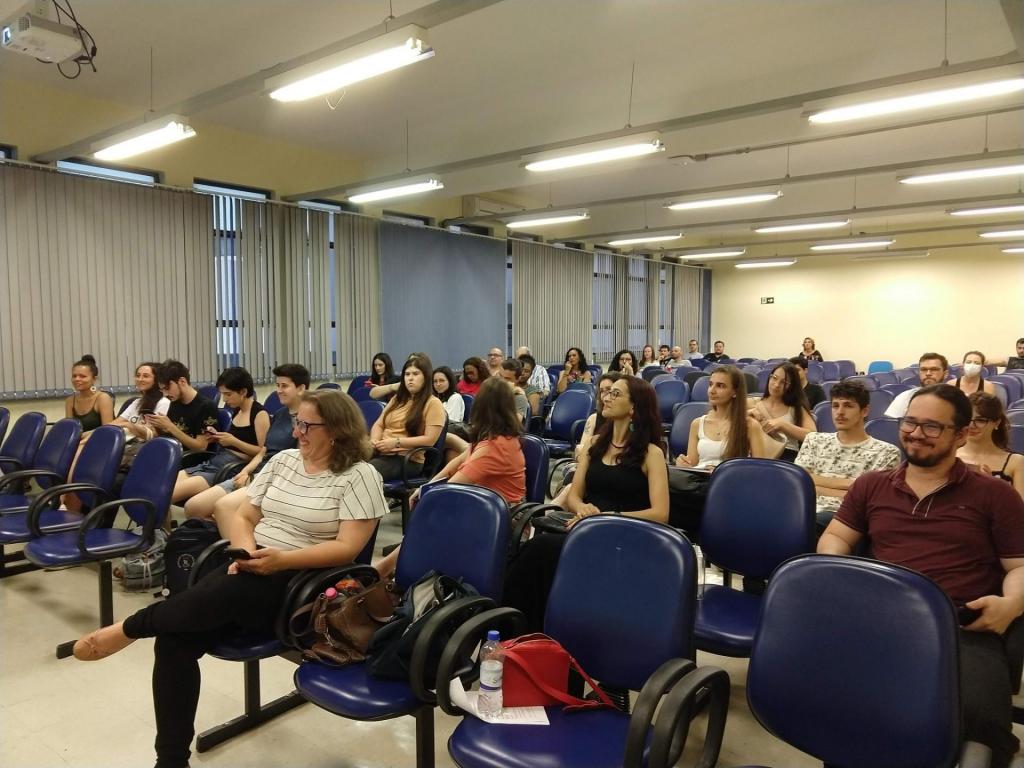
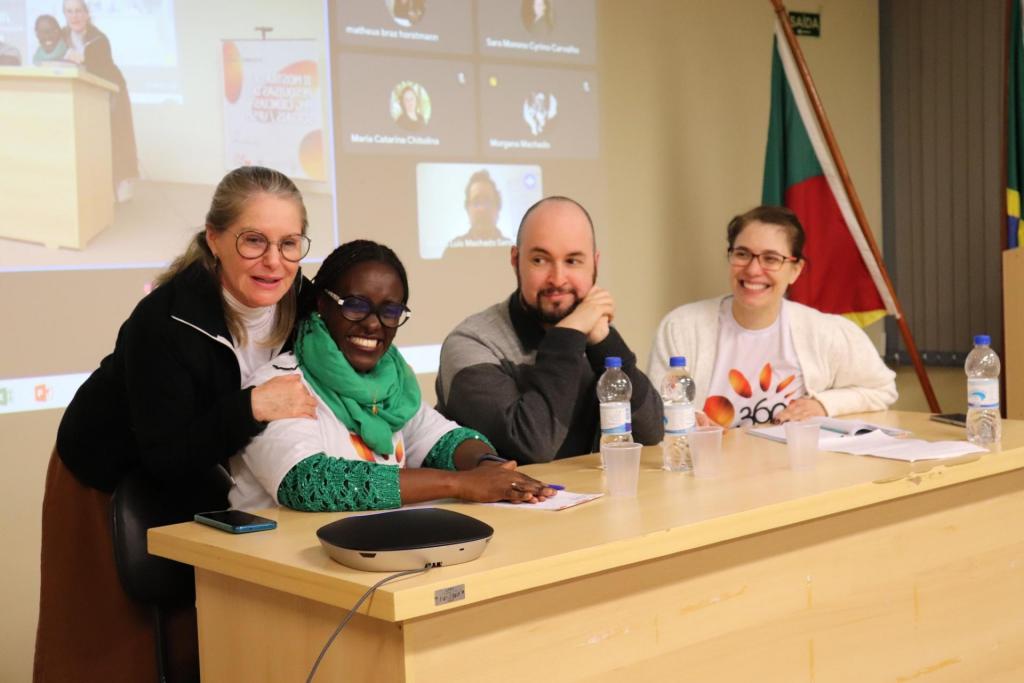

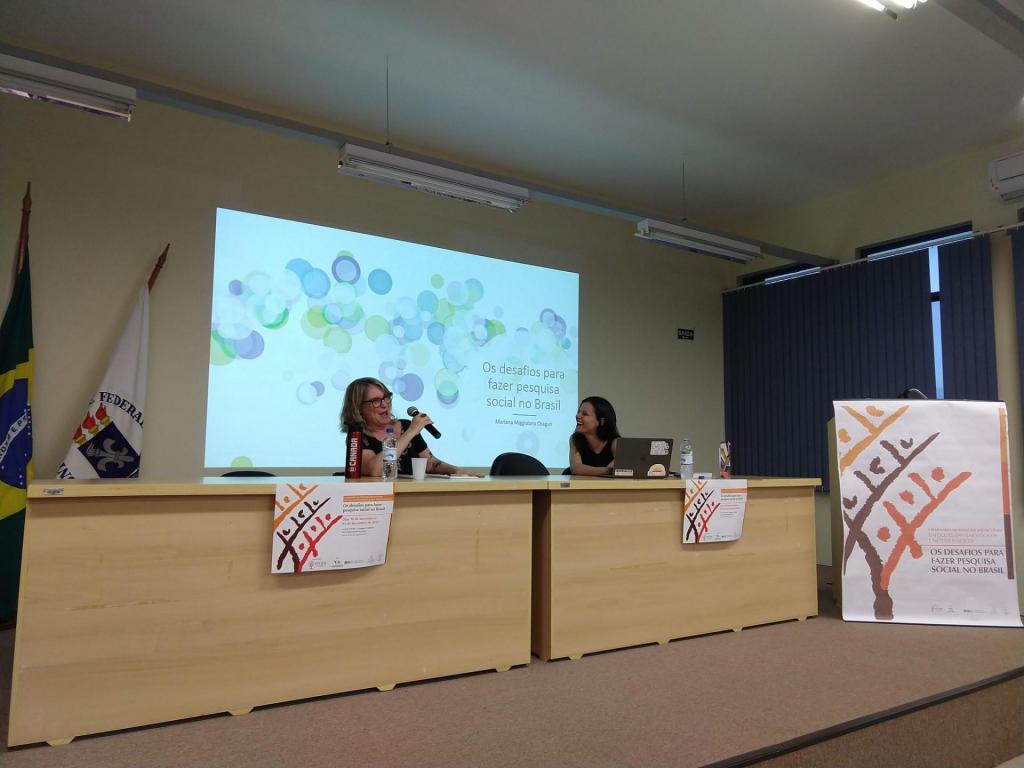
Graduate Program of Social Sciences has four lines of research
1. SOCIAL IDENTITIES, ETHNICITY, AND EDUCATION
This line encompasses studies and research related to the process of constructing identities, visible in phenomena of ethnic identities and their interfaces with (im)migration processes. It includes investigations into collective memory, ethnic-racial relations, myths and history; the construction of educational and school identities; studies on education and cultural learning; social movements and the construction of sociopolitical identities; and the dynamics of family farming and peasantry.
Faculty members in this line:
Ceres Karam Brum, Everton Lazzaretti Picolotto, José Marcos Froehlich, Maria Catarina Chitolina Zanini, Maria Clara Mocellin, Mariana Selister, Virgínia Vecchioli .
2. CULTURE AND SUBJECTIVITIES
From diverse perspectives within the Social Sciences, this research line covers a variety of themes involving culture and subjectivities in contemporary society. It includes research objects that address issues related to media, technologies, institutions, and discourses that constitute identity processes, sensibilities, knowledge, and social practices, which are marked by forms of production, regulation, and contestation of norms and inequalities. It brings together studies focused on the centrality of culture in the constitution of subjectivities, in their interfaces with dimensions of emotions, gender, sexuality, body, consumption, and family. It addresses simultaneous processes of production and control of deviations and social differences, focusing on power relations and violence.
Faculty members in this line:
Jurema Brites, Fernando Balieiro, Monalisa Dias, Francis Moraes, Zulmira Newlands, Mariana Selister .
3. INSTITUTIONS, POWER, AND SOCIETY
This research line aims to understand the political phenomenon from the intersection of three analytical axes: institutions, power, and society, through comparative studies and case studies, utilizing various methods and techniques of social research. The studies analyze the organizations and functioning of political regimes, their institutions, including the State, and their impact on and for society. It also focuses on understanding political behaviors in the public sphere, as well as the study of major currents of political thought.
Faculty members in this line:
Dejalma Cremonese, Eduardo Maia, Felipe Corral, Reginaldo Perez, Rosana Soares .
4. SOCIETY, INEQUALITY, AND CONFLICT
This line brings together studies on the material and symbolic dimensions of inequality; on the processes of rationalization of the world of work; on the processes of modernization and their consequences for economic and social development in rural and urban spaces; on ecology and the environment; on the configurations of family farming; on processes of differentiation and social reproduction of social groups with the constitution of elites; on processes of socialization and subjectivation; on school formation and educational processes; on social processes of stigmatization, social discrimination, and denied recognition; on collective action in its various forms and degrees of organization and resistance; on the emergence of new actors, social movements, associative experiences, and conflicts in the social world; on the configurations of trade unionism and its transformations; on forms of political engagement and activism; on public controversies related to issues of morality, ethics, values, and ideologies; on social innovation and bioethics; on the judiciary system and legal expertise; on the uses of law and politics; on human rights, victims, and humanitarian causes.
Faculty members in this line:
Everton Picolotto, Mari Cleise Sandalowski, Laura Senna, Ricardo Mayer, Marcos Piccin, Virgínia Vecchioli .
Research Centers
TRAMAS: Research Center on Labor, Agriculture, and Social Movements
LEPAC: Laboratory of Ethnographies on Contemporary Politics
NUEST: Labor Studies Center
LABIS: Sociological Research Laboratory
NEDD: Center for Studies on Democracy and Inequalities
IDAD: Ideology and Discourse Analysis
GEPACS: Study and Research Group on Culture, Gender, and Health
GIDH: Gender, Intersectionality, and Human Rights
GEPPI: Study and Research Group on Intimacy Politics
NEERD: Study Center on Emotions and Digital Realities
NECON: Contemporary Studies Center
Admission to the Program
Admission to the master’s and doctoral programs is conducted through an annual selection process.
Brazilian and international students with any undergraduate degree may apply for the selection process.
The entire selection process is conducted online.
The selection process is divided into four stages: social theory exam, research project, CV evaluation, and interview.
The program offers positions through an affirmative action policy for Black, Indigenous, and Quilombola candidates, as well as for people with disabilities.
International applicants are not required to present language proficiency during the selection process—only once they are enrolled in the master’s or doctoral program. UFSM offers Portuguese as a second language courses.
Financial Support and Scholarships
UFSM is a tuition-free institution. There are no fees or enrollment charges. It offers affordable dining infrastructure through the university restaurant for students and visiting faculty. With a student ID card, students also receive discounted fares on city public transportation.
Each year, the federal government grants a limited number of scholarships to PPGCSociais through its funding agencies. Brazilian and international students may apply for these scholarships, which are awarded according to their ranking in the selection process. Currently, the master’s scholarship is R$ 2,300.00, and the doctoral scholarship is R$ 3,100.00.
Curriculum Structure
Courses in the PPGCSociais program are divided into two types: mandatory and elective.
Mandatory courses are taught by faculty members from the three areas of Social Sciences, and elective courses are organized and offered by faculty within each research line.
The doctoral program curriculum consists of 32 (thirty-two) credits in mandatory courses and at least 8 (eight) credits in elective courses. Scholarship recipients must enroll in and pass Guided Teaching Practice I and II. Doctoral students must present proficiency in two foreign languages by the end of the program.
The master’s program curriculum consists of 20 (twenty) credits in mandatory courses and at least 4 (four) credits in elective courses, totaling 24 (twenty-four) credits. Scholarship recipients must complete 1 (one) credit in Guided Teaching Practice. Master’s students must present proficiency in one foreign language by the end of the program.
Course Completion Requirements
Master’s Program
I – 360 class hours, equivalent to 24 credits, completed through coursework;
II – Proficiency in one foreign language, according to the regulations established by the UFSM Office of Graduate Studies and Research and this Program’s internal rules;
III – Defense and approval of a Master’s dissertation by an examination committee, submission of the final copies of the dissertation, and proof of submission of a scientific article in accordance with the guidelines of the Graduate Program in Social Sciences (PPGCSociais) and UFSM.
Doctoral Program
I – 600 class hours, equivalent to 40 credits, completed through coursework;
II – Approval in the qualifying examination;
III – Proficiency in two foreign languages, according to the regulations established by the UFSM Office of Graduate Studies and Research and this Program’s internal rules;
IV – Defense and approval of a doctoral thesis by an examination committee, submission of the final approved copies of the thesis, and proof of submission of a scientific article derived from the thesis, in accordance with the guidelines of the Graduate Program in Social Sciences (PPGCSociais) and UFSM.
Contact Information:
PPGCSociais Coordination
Coordinator: Ricardo Mayer
Vice-Coordinator: Eduardo Maia
Email: coord.ppgciencias.sociais@ufsm.br
Integrated Graduate Office – CCSH/UFSM
Email: sipos.ccsh@ufsm.br
Phone: +55 (55) 3220-9329
Location: Building 74A – Room 2314
Office Hours:
Monday to Friday, from 08:00 to 12:00 and from 13:00 to 17:00
For further information, please refer to:






